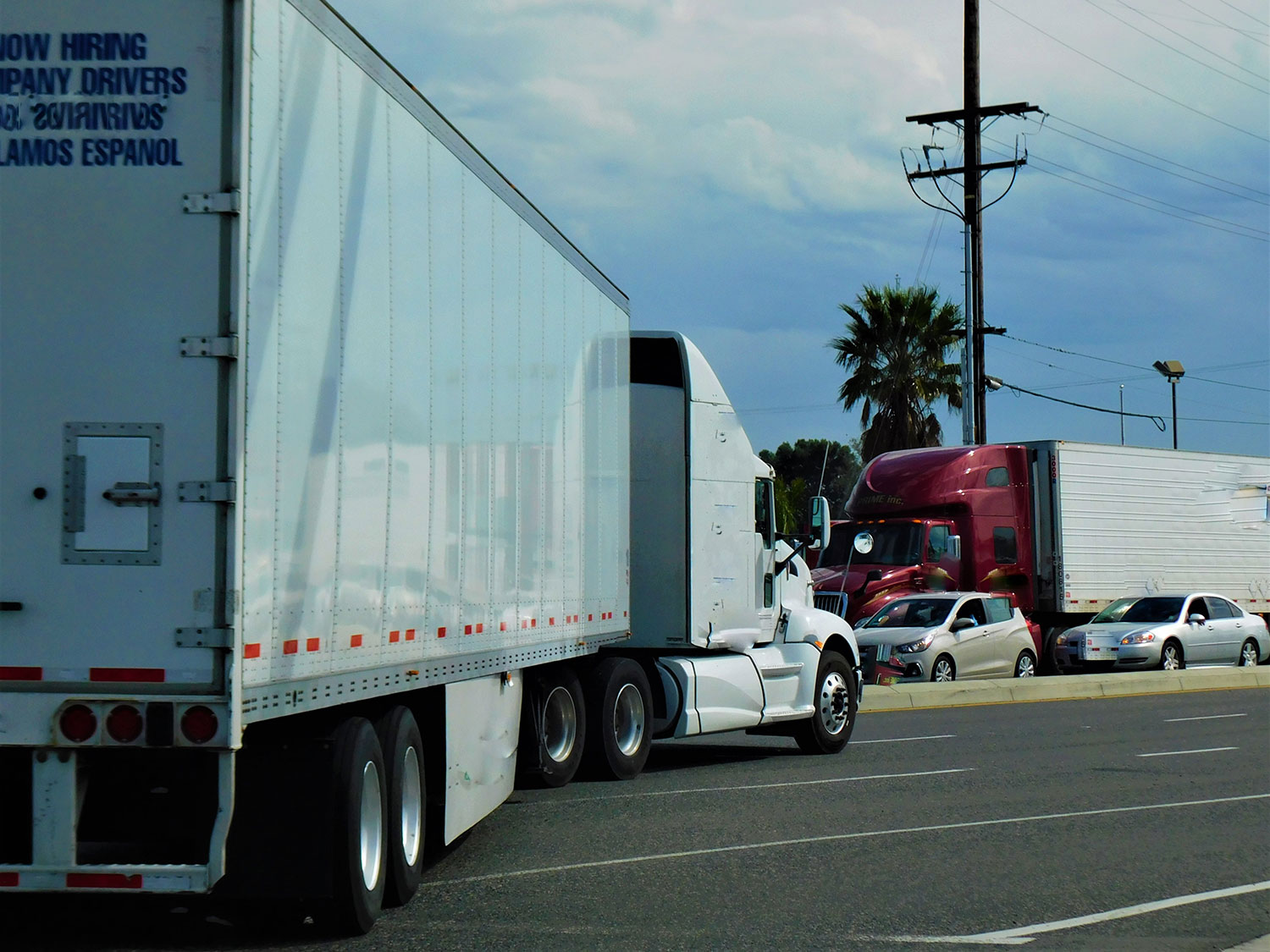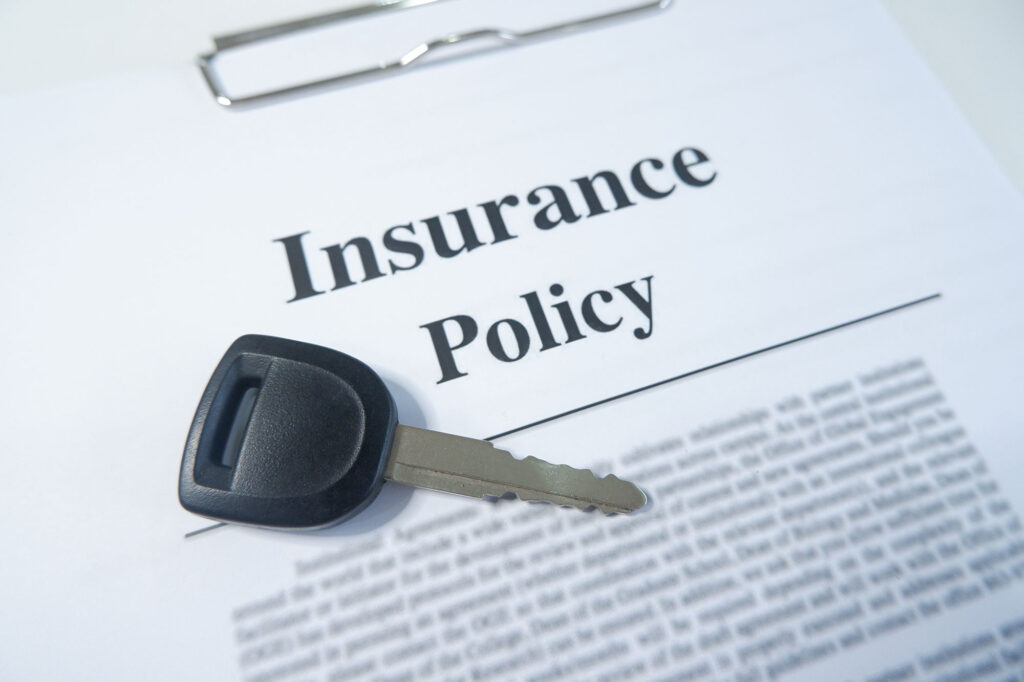If you’ve been injured in a crash involving a semi-truck, 18-wheeler, or any type of large commercial truck, you may be entitled to compensation. However, truck accident cases are notoriously complex, and securing fair compensation requires proving that the truck driver and/or the trucking company acted negligently. This blog will break down what negligence means in the context of trucking accidents and the steps involved in building a strong case.
What is Negligence?
In legal terms, negligence refers to a failure to exercise the degree of care that a reasonable person in the same situation would have. To prove a negligence claim in a truck accident, you must establish four main elements:
- Duty of Care: Truck drivers and trucking companies owe a duty of care to all other motorists and road users. They must operate their vehicles safely and follow all traffic laws and industry regulations.
- Breach of Duty: You must demonstrate how the truck driver or trucking company breached this duty through a specific action or omission, such as driving recklessly or failing to maintain the truck properly.
- Causation: You need to show that their breach of duty directly caused the accident that resulted in your injuries.
- Damages: You must have suffered actual damages, like medical bills, lost income, or pain and suffering.
Common Forms of Truck Driver Negligence
Proving the ‘breach of duty’ often centers on demonstrating how the truck driver was negligent. Some common examples include:
- Distracted Driving: Using cell phones, eating, or other activities that take their attention away from the road.
- Driving Under the Influence: Operating the truck while impaired by alcohol or drugs.
- Drowsy Driving: Driving for excessive hours without adequate rest breaks, in violation of Hours of Service regulations.
- Speeding and Reckless Driving: Driving too fast for conditions, tailgating, or making unsafe lane changes.
- Failure to Maintain Equipment: Neglecting regular maintenance on the truck, leading to breakdowns or malfunctions.
Liability of Trucking Companies
In addition to the truck driver, the trucking company itself can also be held liable. Examples of trucking company negligence include: Negligent Hiring and Supervision: Hiring unqualified drivers or failing to adequately supervise their drivers. Improper Loading Practices: Overloading trailers or failing to secure cargo, increasing instability. Pressure to Violate Hours of Service: Incentivizing or coercing drivers to drive longer hours than legally allowed. Inadequate Vehicle Maintenance: Neglecting proper maintenance, creating safety hazards.
The Importance of an Experienced Truck Accident Lawyer
Navigating the complexities of truck accident claims is very difficult for the average person. Experienced truck accident lawyers have the resources and expertise to:
- Investigate the Accident Thoroughly: Secure evidence like black box data, police reports, witness statements, and trucking company records.
- Consult Experts: Work with accident reconstruction specialists, industry experts, and medical professionals to strengthen your case.
- Identify All Potential Defendants: Determine if multiple parties, such as the driver, trucking company, or truck manufacturers, can be held liable.
- Negotiate Skillfully: Advocate for you with insurance companies and pursue the maximum compensation you deserve.
Don't Wait to Take Action
If you’ve been injured in a truck accident, get legal representation as soon as possible. Time is of the essence, as critical evidence may be lost or destroyed. An experienced truck accident lawyer will safeguard your rights and pursue the justice you deserve.



























